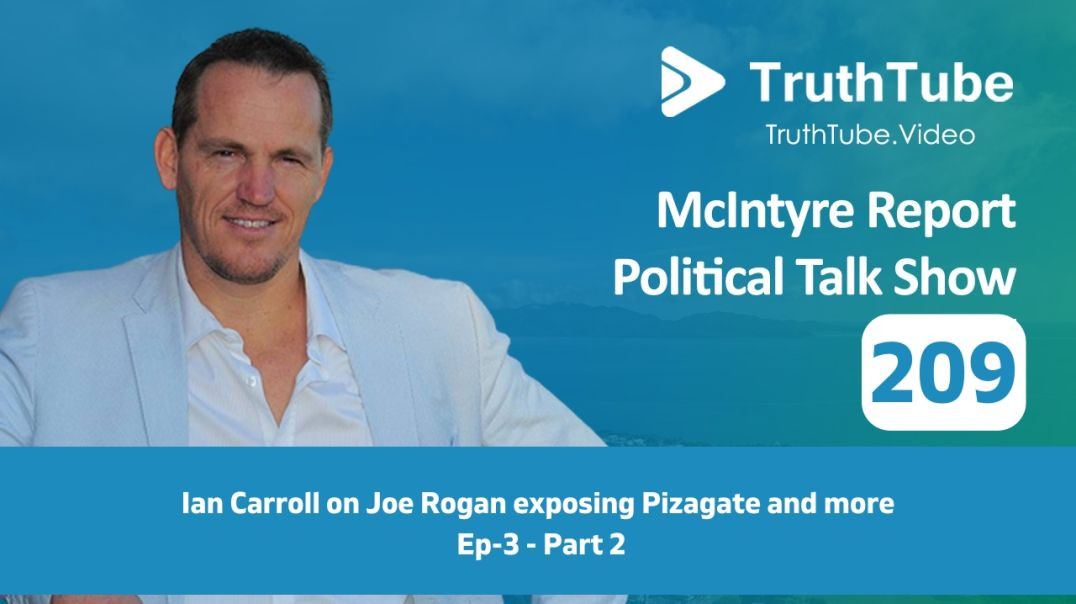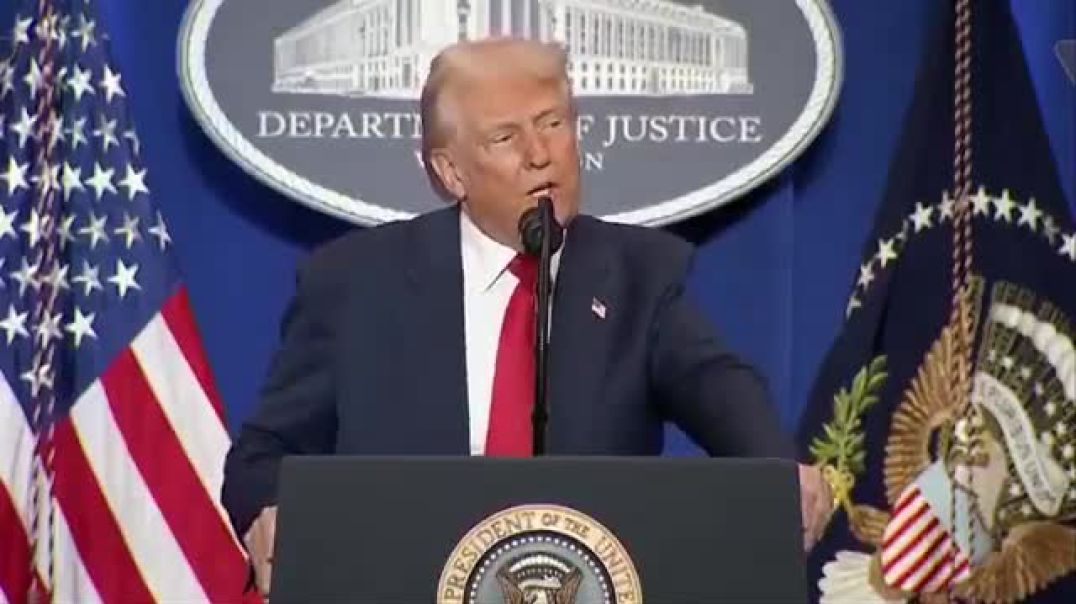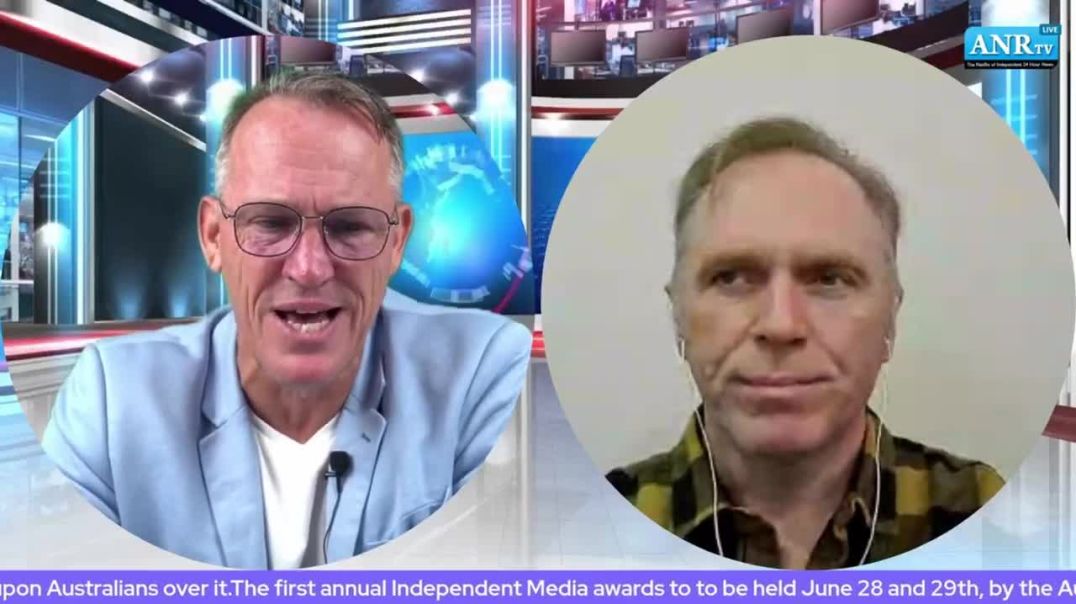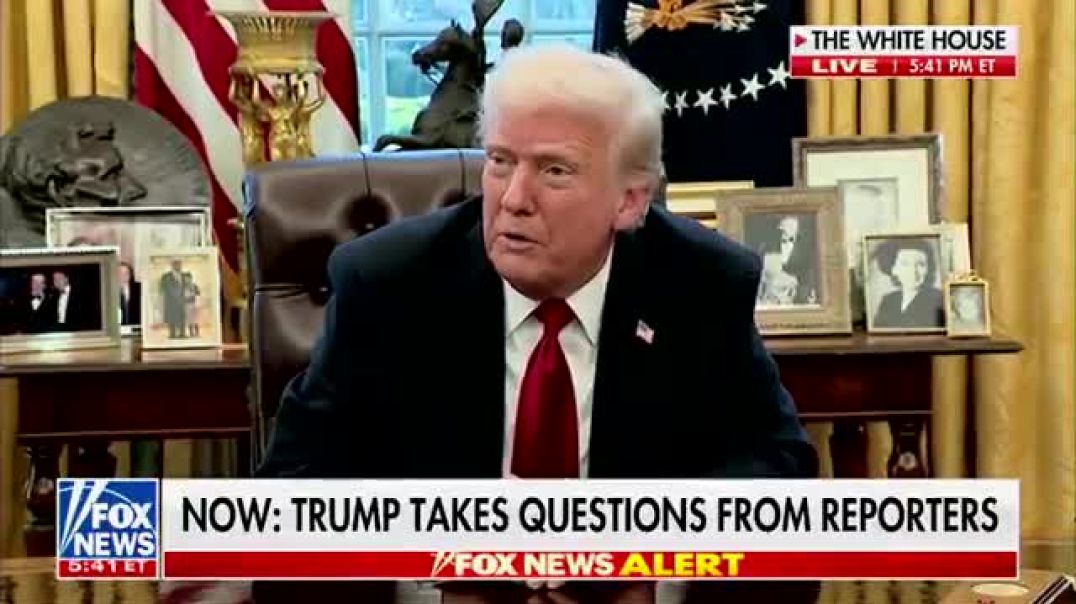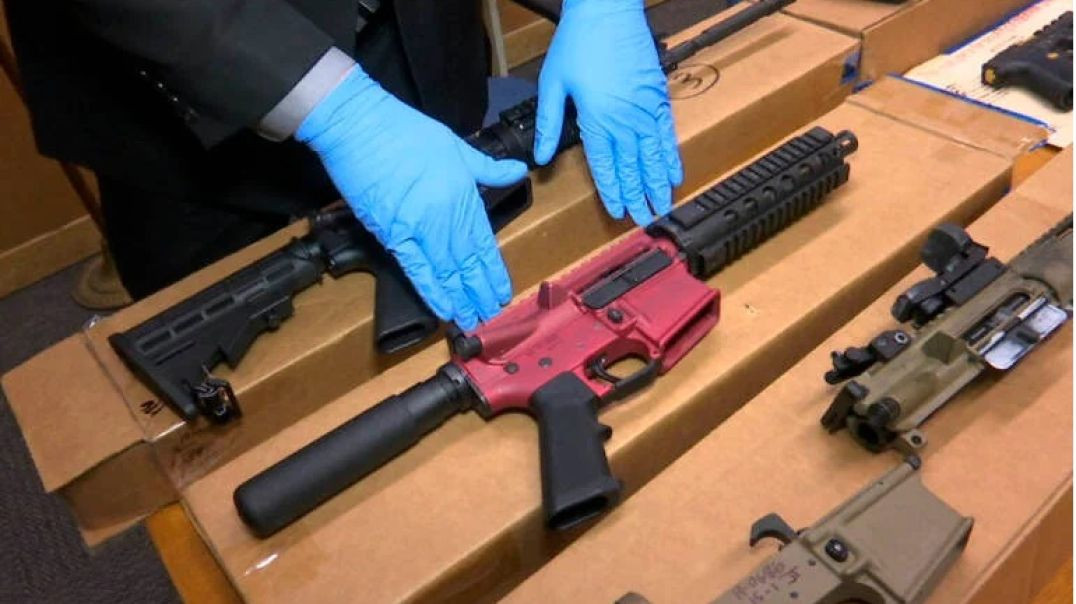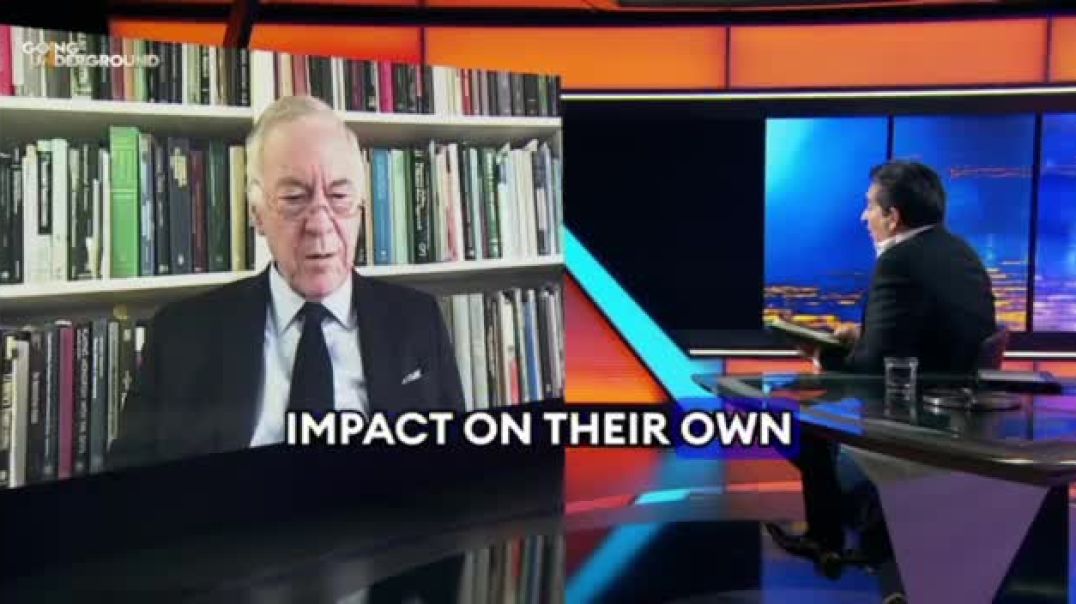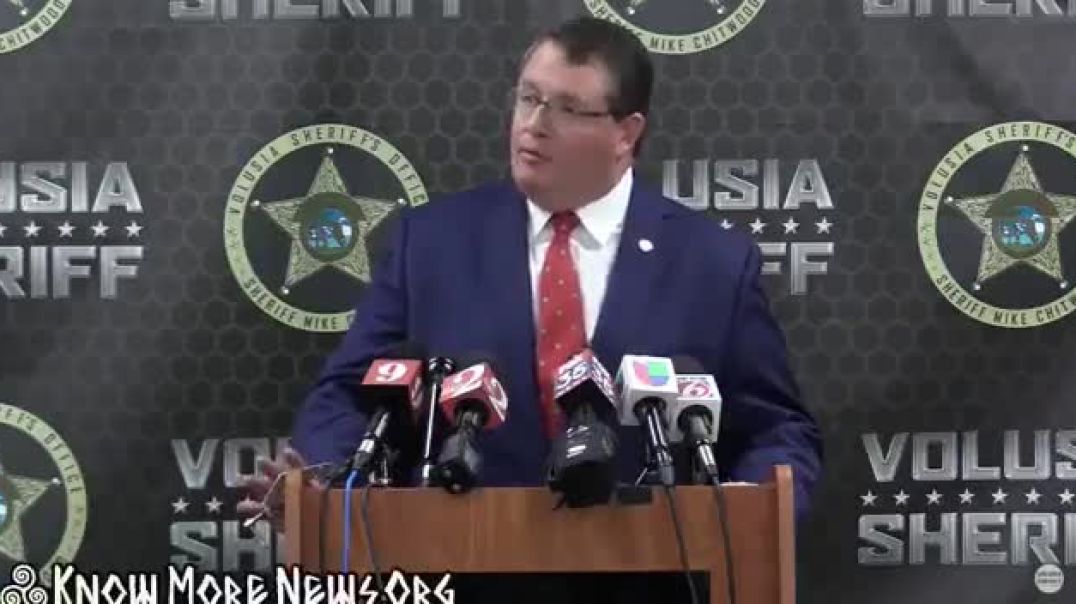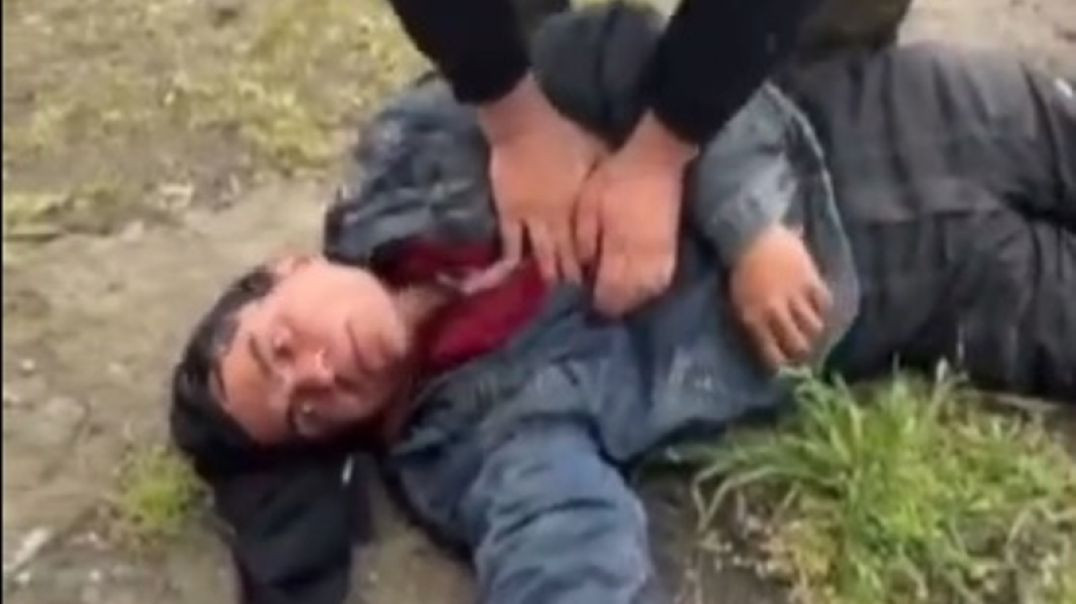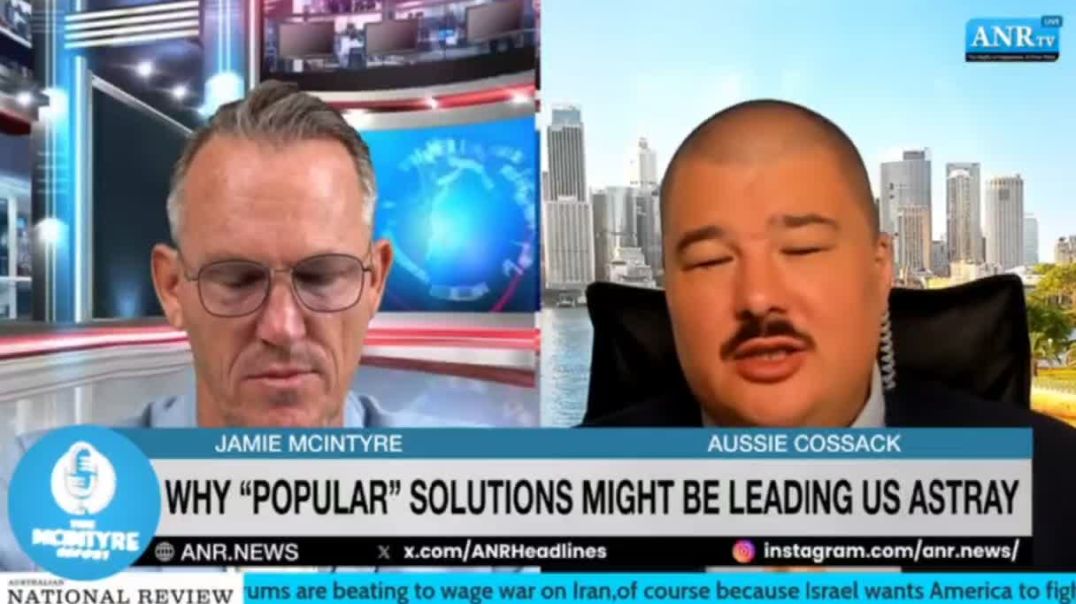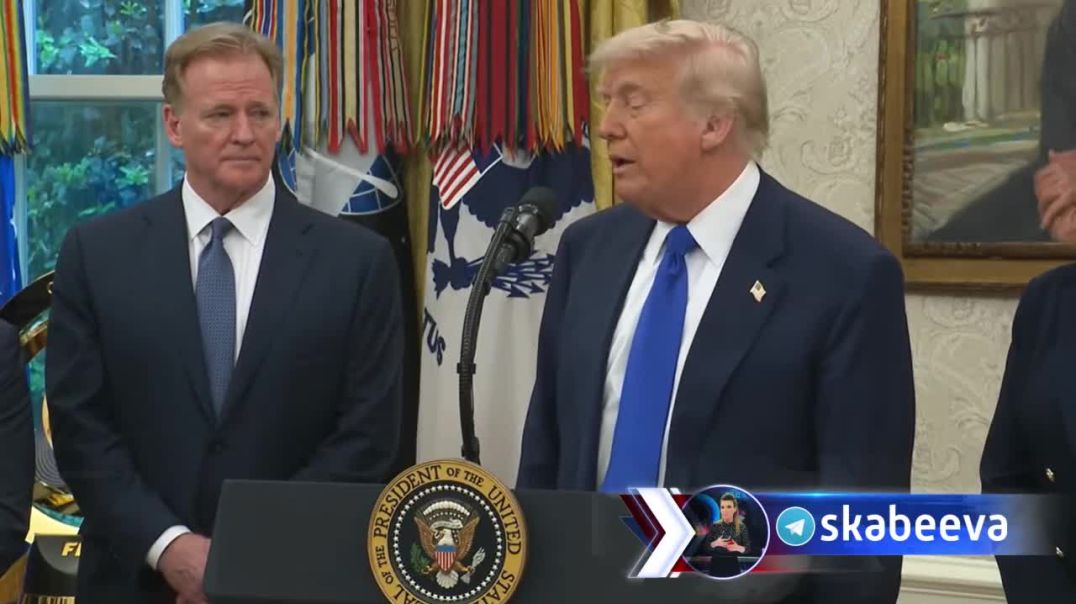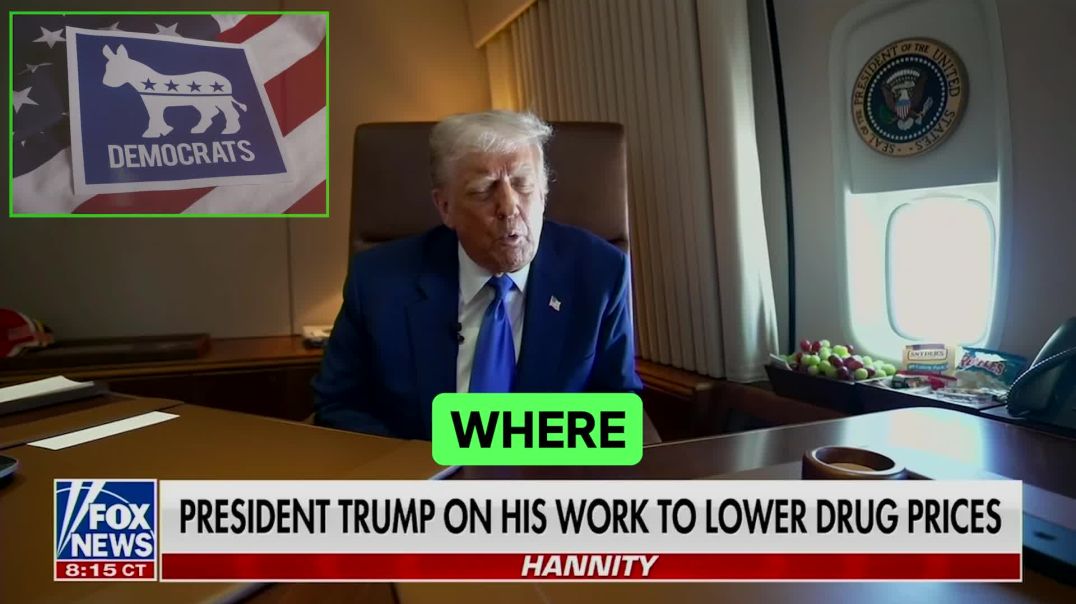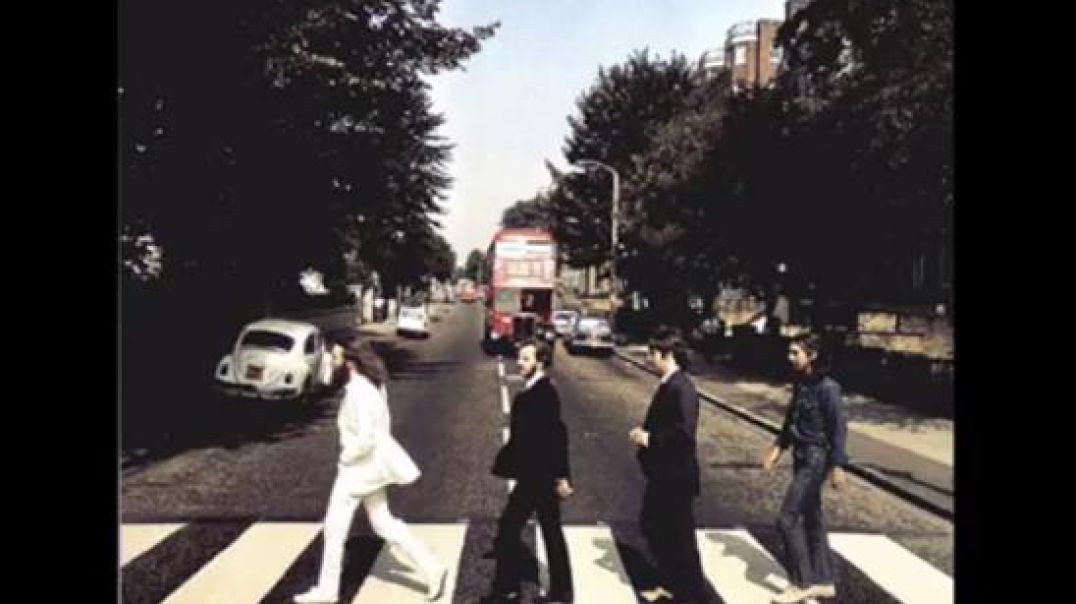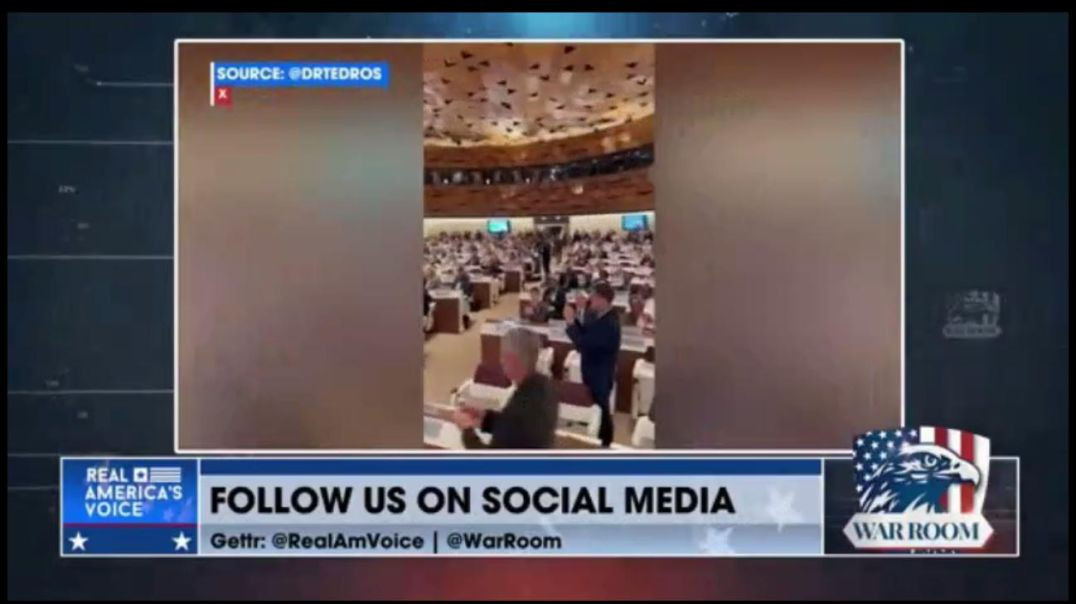Top videos
Ian Carroll on Joe Rogan exposing Pizagate and more
Rare Front Line Footage of a Zemledeliye Russian Remote Minelaying System in Action Near Krasnoarmey
Rare front line footage of a Zemledeliye Russian remote minelaying system in action near Krasnoarmeysk.
The rockets are deployed at a range of 15km for the rapid creation of minefields in enemy logistics routes.
Source: https://t.me/AussieCossack/34187
US President Trump declares that US Intelligence agencies have been weaponised against the American people!
All Biden, Nuland, Clinton and Kamala agents are about to FAFO.
Source: https://t.me/AussieCossack/34236
SKY NEWS is ATTACKING China for Interfering in Australian Politics - The Pot Calling the Kettle Blac
SKY NEWS is ATTACKING China for interfering in Australian politics - The pot calling the kettle black. What about the foreign influence (ie Israel) that already controls our government and media?
Port Hedland Councillor Adrian McRae highlights how people prefer comfortable lies over uncomfortable truths.
With trust in the system crumbling, could Australia see its own MAGA-style movement rise up? Or will voters stay asleep?
Source: https://x.com/jamiemcintyre21/....status/1901132129167
Terrifying Scenes as Alleged Israeli Drone Fires at Mosque During Iftar — First Meal to Break the Ra
Terrifying Scenes as Alleged Israeli Drone Fires at Mosque During Iftar — First Meal to Break the Ramadan — In Rafah, Southern Gaza
Source: https://t.me/rtnews/86226
Port Hedland Councillor Adrian McRae shares his insights on the foreign influence in Australia and why it’s so difficult for Australians to govern their own country. From global influences to corporate interests, who truly holds the power?
"Controlling people's minds is more powerful than controlling nuclear weapons."
If Australians don’t control their own country, who does? And how do we take it back?
Source: https://x.com/jamiemcintyre21/....status/1901547284388
How to make 50-80% capital growth and 20-30% net rental returns investing into Bali Property
Trump Just Mocked a Reporter For Still Wearing a COVID Mask In 2025
Source: https://t.me/AussieCossack/34622
Americans have the RIGHT to own an untraceable gun.
This isn’t about GHOST GUNS - it’s about banning AR-15s and disarming the public. Just listen to Kamala Harris’s anti-gun agenda. An armed populace cannot be easily controlled.
The Gaddis Report on ANR, by @thelillygaddis
Source: https://x.com/ANRHeadlines/sta....tus/1906619701976875
Prof. Steve Hanke: Inflation in the US will FALL, Trump’s tariffs WON’T cause inflation to rise
There’s a lot of talk that the Trump tariffs will cause inflation to go up, that’s not the case. Inflation is determined by changes in the money supply. So looking at the money supply right now in the US, the stock of money, M2, is lower now than it was in the summer of 2022. That means inflation will continue to go down.’
Prof. Steve Hanke on the state of the US economy and Donald Trump’s tariffs.
Source: https://rumble.com/v6rf3vq-pro....f-steve-hanke-how-th
Trump’s endorsement of Randy Fine has resulted in a victory for him in Florida.
Fine recently called for 5 year prison sentences for anyone distributing anti-Israel flyers, calling it a hate crime.
Source: https://t.me/zeeemedia/20253?single
Horrible Footage in Odessa: Zelensky's Military Recruiters Drove a Victim to His Death on the Street
Source: https://t.me/AussieCossack/34899
The Average Person Doesn't See Famine Coming!!
The top 5 threats humanity is facing right now: Invasion, Technology, Depopulation, Famine and Sabotage
The 51st State on Australian National Review, by @JasonQCitizen1 - with Michael Yon (@Michael_Yon)
Source: https://x.com/ANRHeadlines/sta....tus/1907701645552550
Jamie McIntyre launched independent media - Australian National Review
Australia is Not Taken Seriously on the World Stage Because of Our Politicians, and Is Very Weak Mil
Australia is Not Taken Seriously on the World Stage Because of Our Politicians, and Is Very Weak Militarily
Watch the full 45 minute show with Aussie Cossack on ANR. (https://rumble.com/v6rta5b-the....-worlds-about-to-blo
Source: https://t.me/AussieCossack/35013
'This is already a lot' - Trump signals Zelensky to agree to Putin's three-day truce while there is still time.
'As you know, President Putin has just announced a three-day ceasefire - it doesn't sound like much, but it's a lot when you consider how it all started, because before this never happened.
We had a president who didn't talk to Putin for three years. And none of this should have happened. This is a war that should never have happened.'
Source: https://t.me/AussieCossack/35888
Marina Bay City -A new city being born
BOOM: Trump just named the real reason your prescriptions cost a fortune—Democrats protected Big Pharma.
“It’s the Democrats’ fault that people were being ripped off for years and years.”
Aboard Air Force One, moments after signing an executive order to slash drug prices, President Trump told Sean Hannity exactly who’s to blame.
“The Democrats were making it impossible to lower drug prices,” he said.
“They knew what they were doing.”
“We are going to pay whatever the lowest country pays in the world—whatever the lowest price is—and the drug companies have accepted it. But the Democrats never wanted to play ball.”
But Trump continued with the brutal indictment of Big Pharma’s biggest supporters.
“They never wanted to do anything. It’s the Democrats’ fault that people are being ripped off for years and years.”
And the final dagger:
“The Democrats fought very hard to keep the prices of drugs very high. They really are to blame for this… When the Republicans went with request, they said we are not going to approve it.”
Source: https://t.me/VigilantFox/15737
OUR DAILY OLDIES: FROM THE LAST BEATLES ALBUM. AFTER THIS RECORDING, THEY PURSUIT INDIVIDUAL CAREERS, ALTHOUGHT THEY EVENTUALLY REUNITE FOR A FEW RECORDINGS AND EVEN RE CREATED JOHN LENNON'S VOICE BY ELECTRONIC MEANS.
THERE ARE TWO KEY WORDS IN THIS PLOT: `AGREEMENT` AND `ADOPTED`. AN AGREEMENT IS NOT A TREATY. A TREATY HAS TO BE SIGNED AND THEN RATIFIED BY THE LEGISLATURE OF EVERY COUNTRY TO BECOME THE LAW OF THE LAND. AN AGREEMENT CAN BE ADOPTED BY THE PRESENT. IT IS ALL A FARCE FOR POWER GRAB AND WORLD CONTROL. THE UNITED STATES EXITED THE `WORLD HEALTH ORGANIZATION`, NO LONGER A MEMBER AND DIDN'T SEND A DELEGATION TO GENEVA, HOWEVER, FOR THE NEXT CREATED `PANDEMIC`, THE W.H.O. COULD IMPOSE AN INTERNATIONAL VACCINATION PASSPORT, THOSE WHO REFUSE VACCINES WON'T BE ALLOW TO TRAVEL AND EVEN BY NOT BEING A MEMBER, THAT WILL AFFECT THE UNITED STATES BY NOT ALLOWING ENTRY OF U.S. CITIZENS IN OTHER PARTS OF THE WORLD, DAMAGING COMMERCE AND INTERNATIONAL RELATIONS. IT'S JUST ANOTHER TRAP AGAINST TRUMP AND AMERICAN NATIONALISM, ANOTHER WAY AROUND OUR CIVIL RIGHTS UNDER THE U.S. CONSTITUTION.
